Dental emergencies like toothaches or knocked out tooth can happen to anyone and should be treated as soon as possible.
If you call us right away, our dental team can repair the damage and prevent it from getting worse.
- Severe Toothache
- Broken Tooth
- Knocked out Tooth
- Bleeding after Tooth Extraction
- Lock Jaw
- Broken or loose braces
- Swallowed cap/crown
Severe toothache
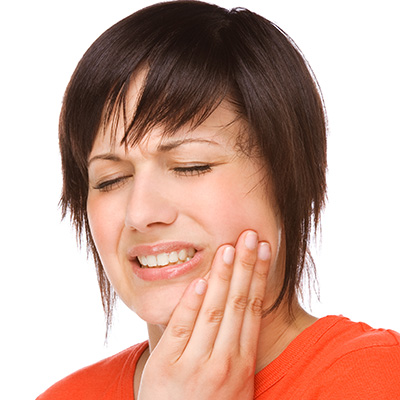
Toothache refers to pain in and around the teeth and jaws that’s usually caused by tooth decay.
- First, thoroughly rinse your mouth with warm water to remove any lodged food.
- If your mouth is swollen, apply a cold compress to the outside of your mouth or cheek.
- Take any painkiller that is available over-the-counter.
- Make an appointment to see your dentist as soon as possible.
Broken tooth
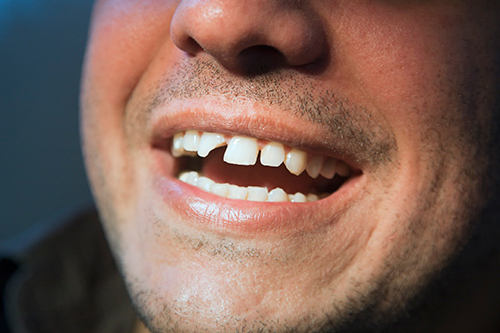
Teeth are the strongest substance in the human body, but they can crack or break from biting something hard or a sudden fall/injury.
- Gently rinse and save any pieces as it may be possible for the dentist to bond it back to the tooth. If this is not possible a tooth coloured filling can be done.If the broken fragment is large and the nerve of the tooth has got exposed, a root canal might be required.
- Apply pressure to the area with a moist gauze if there is any bleeding.
- Over the counter pain killers and soft food can be taken.
- Make an appointment to see your dentist as soon as possible.
Knocked Out tooth
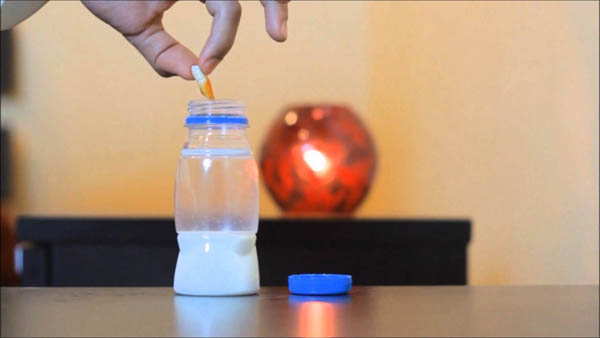
When a tooth has been knocked out, it is important to get to the dentist as quickly as possible. The odds of saving a knocked out tooth are highest in young children, but adult teeth can be saved as well
- Handle the tooth carefully. Don’t wipe it off with a washcloth or any other fabric. This could damage the tooth.
- Keep the tooth moist. Drop it into a glass of milk. If you can’t do this, place the tooth in your mouth, between the cheek and gum. A young child may not be able to safely store it in his mouth, so instead, have the child spit into a cup. Place the tooth in the cup with the saliva.
- Over the counter pain killers and soft food can be taken.
- Make an appointment to see your dentist as soon as possible.
Bleeding after Tooth Extraction
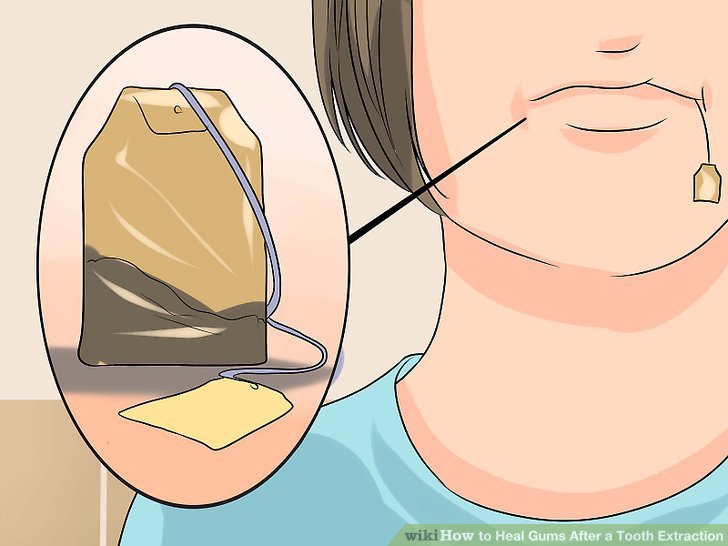
Bleeding after a tooth extraction is entirely normal. Subtle oozing and taste of blood in your mouth is fairly common during the first 36 hours.
- If you still notice profound bleeding, do not rinse your mouth, and place a clean, damp gauze and bite down firmly for another 40 minutes.
- If bleeding won’t stop, moisten a tea bag with tap water and bite down on it. Tea contains Tannic Acid which can help to reduce the bleeding.
- Get in touch with the dental office and see your dentist as soon as possible.
Lock Jaw
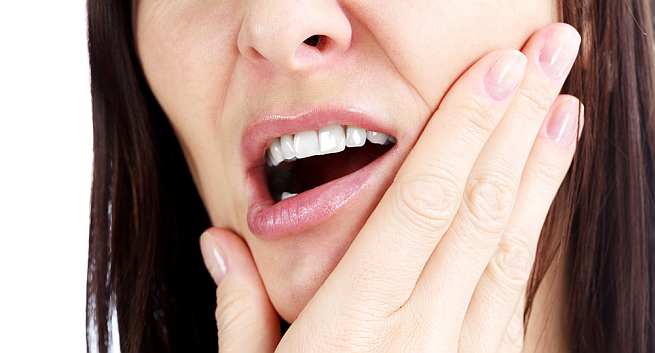
Lockjaw is essentially a situation that prevents the mouth from opening properly or fully. Many things can cause the soft tissue in the mouth to be inflamed such as over mastication (too much chewing or use of the mouth) or disorders of the joints in the jaw such as Temporomandibular joint disorder. It could also happen due to an infection in your wisdom tooth.
- Gargle your mouth repeatedly with some warm water and a pinch of salt.
- Do not apply heat externally on the jaw.
- Take a painkiller which is available on over the counter.
- Stretch your jaw gradually to open it. And slowly perform open and close movements to release the lock.
- Inform the dental office and seek an appointment with your dentist.
Broken or loose braces
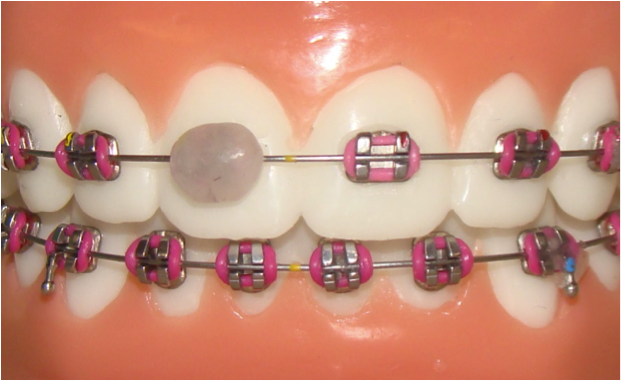
Orthodontic wire or bracket may come loose while biting something hard or due to an injury and may hurt the surrounding gums, cheeks or tongue.
- Cover the loose end with orthodontic wax, a small cotton ball, or a piece of gauze until you can get to the dentist.
- If a bracket or wire comes out, your orthodontist may be able to bond it back on the tooth.
- Over the counter pain killers and soft food can be taken.
- Make an appointment to see your dentist as soon as possible.
Swallowed crown/cap
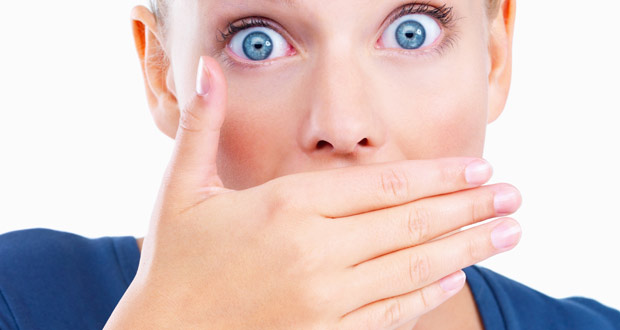
Dental Crowns are attached to the tooth structure with luting cement. Very rarely, it may happen that the dental crown is swallowed by the patient.Dental crown is a non-digestible item and it must pass through the digestive tract of the patient. The concern is only if the crown was not swallowed but in fact aspirated.
- Patient should not panic and stay calm if he has swallowed a dental crown, it will be passed out in feces in few days.
- Contact your dental office and report the incident to your dentist.
- The Dentist may order for an x-ray to ensure that the dental crown is passing normally.
- Once the patient recovers it in the stool, he should clean it and bring it to his Dentist. The Dentist will then sterilize it appropriately before refixing it.
